You might think that all dentures wearers are older people, but you'd be surprised. Emma Watson wore dentures as a kid when she lost some prominent baby teeth during the filming of Harry Potter. Florence Henderson was such a supporter of dentures that she became a spokesperson! Due to gum disease, Clark Gable needed a full set of dentures by the time he was 32. So if you're looking at needing a set yourself, you're in good company!
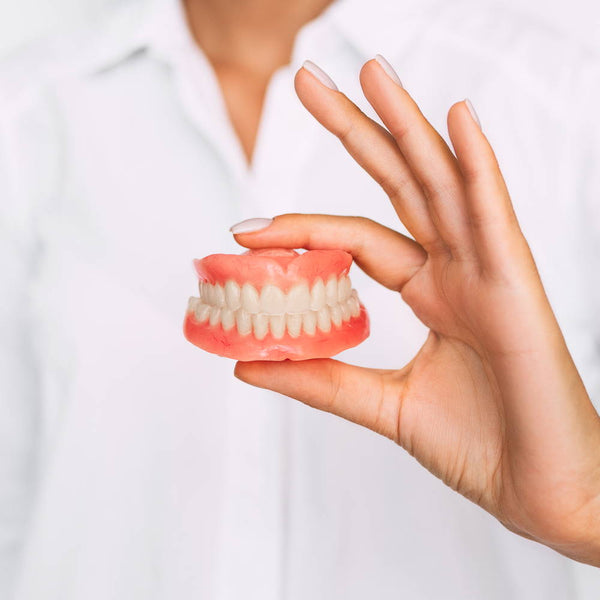
Dentures: Caring For Your New Chompers
Dentures: Who wears them?
Why Might I Need Dentures?
The short answer: You're missing teeth. This can happen for a variety of reasons: gum disease and tooth decay, or dental abnormalities such as ectodermal dysplasia. Gastrointestinal reflux can cause severe tooth erosion as stomach acid reguritates into the mouth. Dentinogenesis imperfecta is a genetic disorder of tooth development that affects the enamel, making them prone to wear, breakage and loss. Diabetes can cause health issues that lead to tooth loss. Accidents and sports injuries can happen to anyone. Young people are not immune to tooth loss- 69% of adults between 35 and 44 have lost one or more permanent teeth! By the age of 74, 26% of adults are missing all their teeth.
Why Dentures?
While replacing missing teeth does improve the look of your smile, it's not just a cosmetic choice! Dentures support the cheeks and lips to keep the structure of the mouth sound. If you've lost many or all of your teeth, dentures can enable you to continue eating foods that require chewing, helping ensure that you are living normally and properly nourished. If your teeth are severely unhealthy, removing them may be the best choice for your overall health-- infections and decay in your mouth can cause serious problems if left untreated. Dentures enable you to improve your health while maintaining your lifestyle. Finally, dentures enable those who've lost most or all of their teeth to smile and speak normally, improving self confidence!
What Kinds of Dentures Are There?
When you think of dentures, you may be thinking of the full-mouth set your grandparents had. There are actually several types of dentures, to account for the many ways in which teeth may need to be replaced. These range from partial dentures to full upper or lower sets, and both full and partial sets can be removable or fixed!
Dentures can be made from a variety of materials. The framework may be rigid acrylic, a more flexible nylon polymer, or chrome cobalt metal. The acrylic is often for dentures that require an artificial gumline, as the acrylic can be molded and tinted to match your natural gums. Metal is more durable, but is generally used for partial dentures where the framing can be hidden behind natural teeth.
The teeth may be made from porcelain or various types of acrylic resin. These each have their advantages.
Porcelain is a ceramic that can closely mimic teeth. This means that they can color match other teeth in the mouth, and they are easy to adapt to. Porcelain is a hard material, which makes it durable against wear- porcelain teeth wear down extremely slowly. However, they are more fragile and can break if dropped. They are also heavier than acrylic, and more expensive.
Acrylic teeth adhere more securely to the denture base, and are easier to adjust if needed to achieve the right bite for your mouth. They are also much lighter in weight, and less expensive. That said, they wear down more quickly and may need to be replaced after five to eight years.
Removable dentures may be full or partial. Removable full dentures are held in place with suction or adhesive and are taken out to be cleaned and are not worn at night. Removable partial dentures can be held in place with wire clips around the surrounding teeth.
Fixed dentures may also be full or partial. Fixed full dentures are held in place with 4-6 small implanted screws. These tend to feel more stable, and the screws can stimulate bone growth, preventing loss. Fixed partial dentures, called bridges, are attached to crowns on the natural teeth on either side.
Caring For Your Dentures
Whether your dentures are fixed or removable, you'll need to care for them carefully. They are made from a resin that is not quite as resilient as good tooth enamel. If your dentures are removable, be careful not to drop them, as they can crack!
Brushing
Both fixed and removable dentures need to be brushed-- but not with toothpaste, which is too abrasive for the material they are made from. You can brush with a mild soap or a denture cleaner such as EverSmile's FreshDent. Use a soft manual toothbrush, not an electric one.
Soaks
Removable dentures can also be cleaned in an ultrasonic bath, which uses sound waves to dislodge particles while the denture sits in water or a cleaning solution.
When removable dentures are out of your mouth, they need to be kept moist so they do not dry out or lose their shape. They are most commonly placed in water or a denture cleaning solution, but if your dentures have metal attachments, these could be tarnished in a soaking solution. Be sure to consult your dentist for the best soaking advice with metal attachments. Never use hot water, as the high temperature will soften the resin and could cause it to warp.
On The Go
Removable dentures can be taken out and rinsed or brushed throughout the day if needed. EverSmile FreshDent provides a hydrogen peroxide-based spray that can be applied to dentures while on the go. After application, the spray does not need to be rinsed- the dentures can be reinserted, and FreshDent works to kill bacteria, eliminate stains, and freshen breath while your dentures are in your mouth.
How Long Do Dentures Last?
Even with the best care, your dentures may need replacement over time- commonly every five to eight years. They may become worn down with use, or your gums may change shape and require a new fit. Visiting the dentist regularly will help ensure that any changes are noted and that your gums stay in the best shape possible. It may be possible to re-line your removable full dentures rather than have an entirely new pair made. It is fully possible to have dentures last more than ten years!
We hope that we've been able to help answer some of your most pressing denture questions, and help you have the most comfortable experience possible with your new teeth!
Related Articles
-
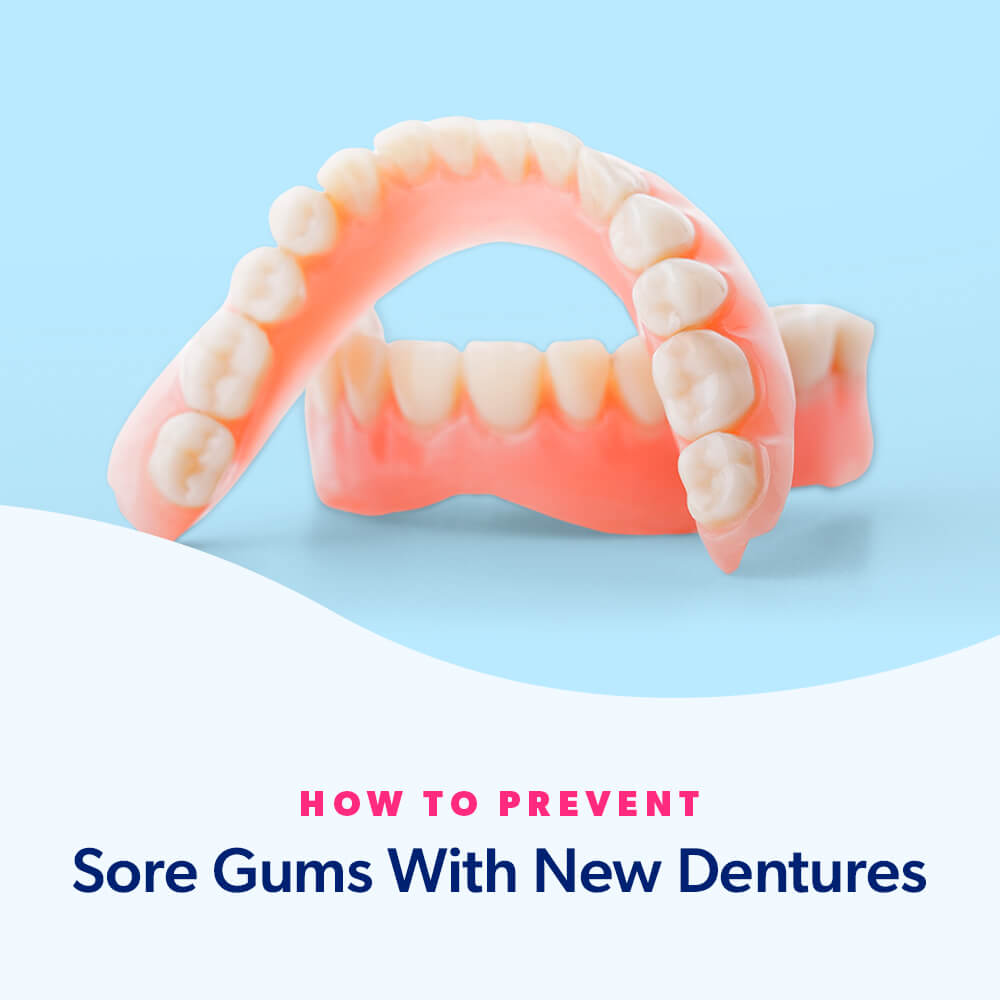
How to Prevent Sore Gums With New Dentures
Dentures are the answer to many dental ailments for people around the world. People of all ages use dentures to increase their quality of life by allowing them to eat their favorite foods and feel confident in their smiles every day. Whether you are new...
Read More -

Top Reasons You Shouldn't Sleep With Dentures
Perhaps it's been a long day, and you're tired. Or, maybe you don't like to be without teeth. What's the harm in leaving your dentures in overnight? There's a reason your dentist recommends removing your dentures for at least five to six hours per day and...
Read More -

Are My Dentures Causing Bad Breath?
Dentures can change your life. They're important to your ability to chew, and they give you a killer smile. The only downside? They might cause bad breath. Both permanent and removable dentures are notorious for their ability to cause denture breath, but we can help...
Read More -
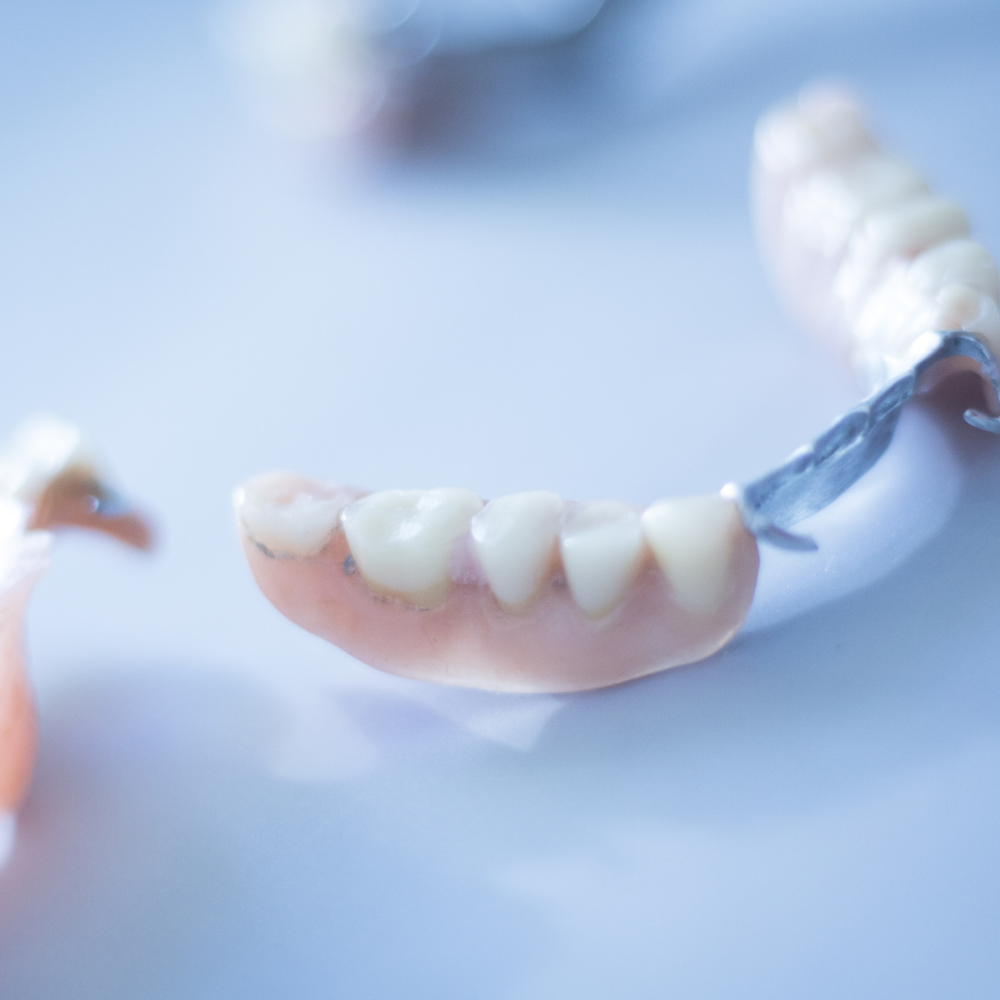
How to Clean and Care for Partial Dentures
When you think of dentures, you might have visions of your grandma's full set soaking in a glass on her nightstand. But dentures aren't just for the old and toothless. Tooth loss can happen for a lot of reasons to people of all ages, and...
Read More -

14 Tips for a Healthier Smile
A smile is often one of the first things people notice about us, and many people take great pride in having an attractive smile. However, the importance of having a healthy smile goes beyond mere appearances. The health of our teeth and gums is directly tied...
Read More -
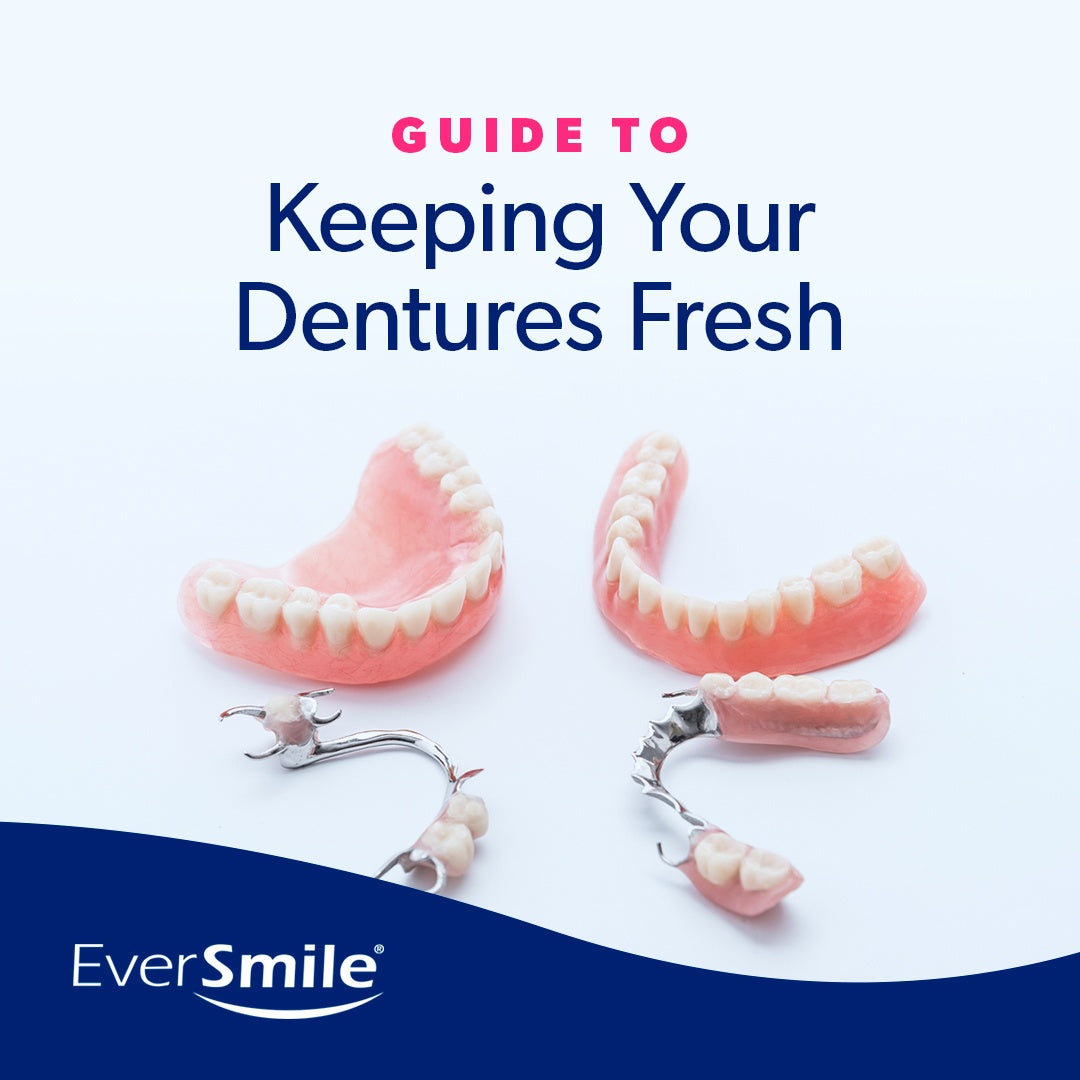
Guide to Keeping Your Dentures Fresh
If you're one of over 40 million people in America who wears dentures, you probably wonder how you can keep your dentures fresh and clean. From the right methods to the best cleaners, there's a lot to consider. But with proper denture care, you'll keep...
Read More
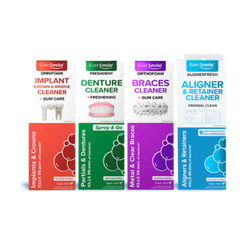
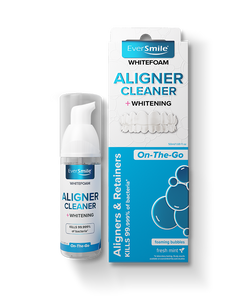
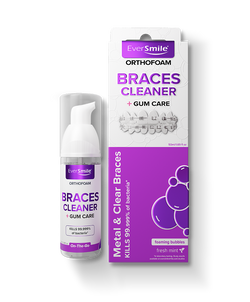
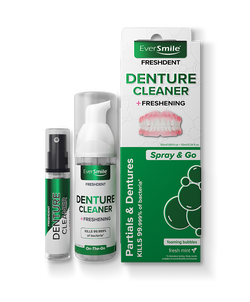
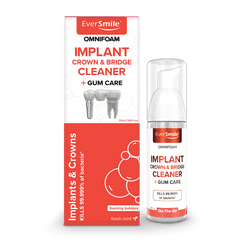
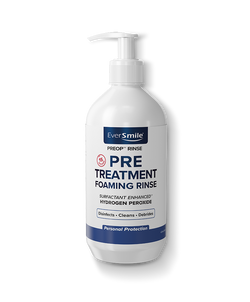







Post a Comment!